Rosy Schechter and John Hays will host the Hack Chat on Wednesday, July 13 at noon Pacific.
Time zones got you down? Try our handy time zone converter.
For most of its existence, amateur radio has been the quintessence of the analog arts. From the very earliest days of radio, hobbyists have been piecing together circuits to ply the radio spectrum, using whatever bits of RF wizardry they managed to pick up -- or invent -- along the way. From the architecture of the radios to the nature of the conversations they had over the airwaves, ham radio was very much an analog experience.
But if hams are anything, they're resourceful, and they've got a long history of leveraging whatever the current state of the art happens to be. And so when electrical engineering began to dive into the digital world, so too did the hams. Radioteletype, facsimile, and other text-and-data modes lead to things like packet radio, which in turn gave us powerful tools like APRS, FT8, and PACTOR, upon which the current rich infrastructure of location reporting, weak signal digital contacts and beacons, and email service independent of an Internet connection have been built. There's even a complete TCP/IP network using amateur radio as the physical layer, which even predates the widespread public Internet by many years.
Amateur radio always has been at the forefront of digital communications, but it takes work to keep hams in their leadership position in the field. To help with that, Amateur Radio Digital Communications (ARDC) was established. ARDC is a non-profit dedicated to supporting amateur radio and digital communication science and technology, chiefly through their programs of grants that are available to fund the development of technically innovative open and non-profit projects in amateur radio.
For this Hack Chat, ARDC Executive Director Rosy Schechter (KJ7RYV) and Staff Lead John Hays (K7VE) will be joining us to discuss the world of digital communications on the ham bands. Here's your chance to share your experiences with digital modes, find out about what's new in digital comms, and find out how to participate in the ARDC grant program and possibly fund the next big thing for the digital ham.
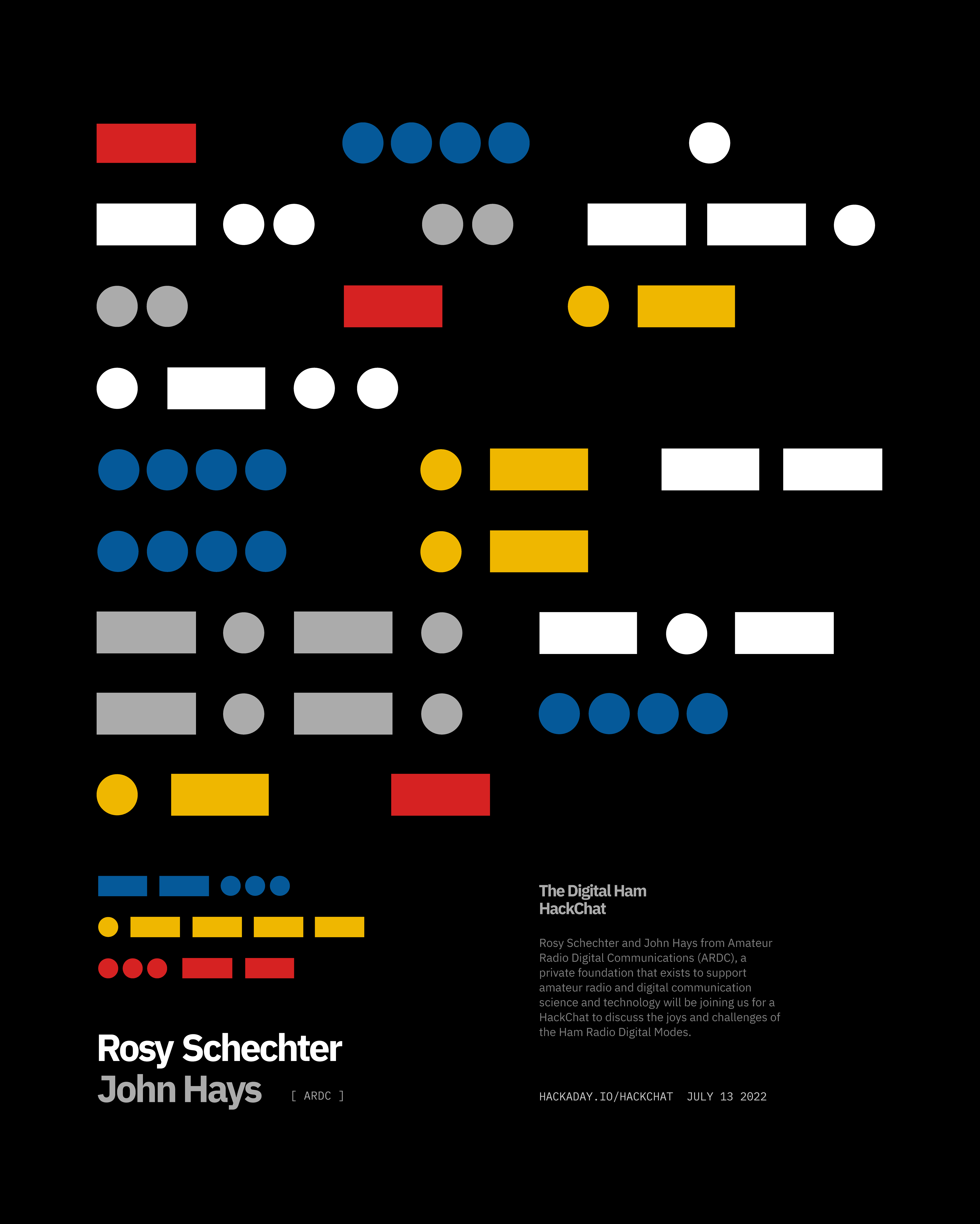
Featured images:
Chrumps, CC0, via Wikimedia Commons
Ptolusque, CC BY-SA 4.0, via Wikimedia Commons
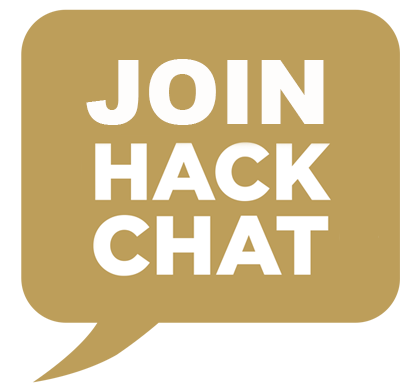


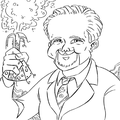



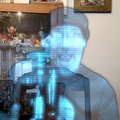
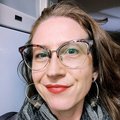
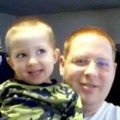

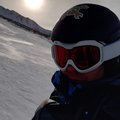

As a follow up, you can see what some of our grantees are up to by watching https://www.youtube.com/watch?v=gJtIrOHLuKQ&t=587s